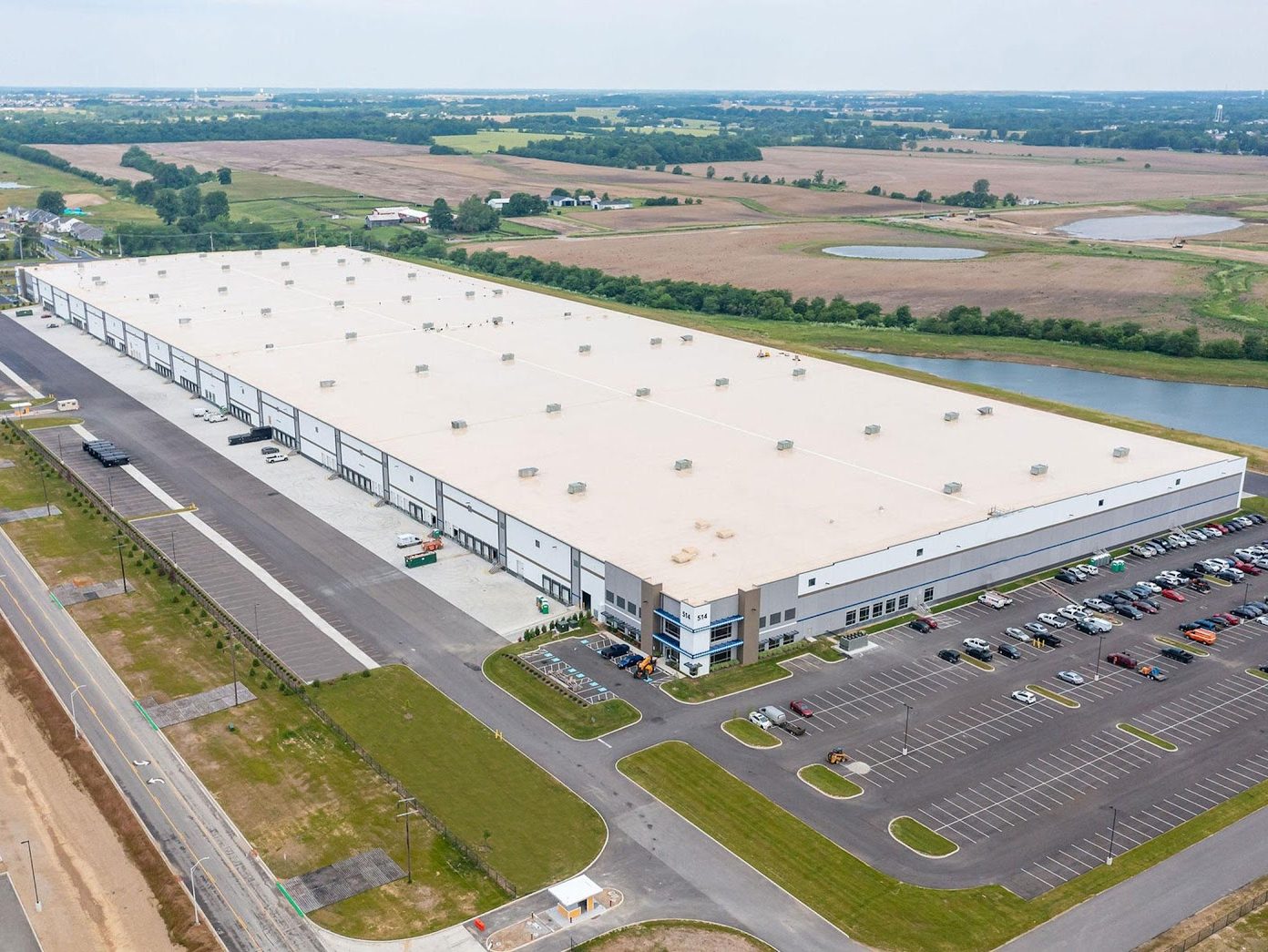Increase of the Net Lease Dollar Store
The majority of the product comes from new construction properties, as tenants continue to expand at an aggressive pace, notes The Boulder Group President Randy Blankstein.
By Randy Blankstein
 Cap rates within the single-tenant net lease dollar store sector increased by 10 basis points from the second quarter of 2016 to the second quarter of 2017 to a 6.75 percent cap rate. The dollar store sector, for the purpose of this report, is defined as free standing Dollar General, Dollar Tree and Family Dollar properties, as these tenants represent the largest presence within the sector. Cap rates for Dollar Tree assets compressed by 10 basis points while Dollar General and Family Dollar experienced increases of 15 basis and 20 basis points, respectively.
Cap rates within the single-tenant net lease dollar store sector increased by 10 basis points from the second quarter of 2016 to the second quarter of 2017 to a 6.75 percent cap rate. The dollar store sector, for the purpose of this report, is defined as free standing Dollar General, Dollar Tree and Family Dollar properties, as these tenants represent the largest presence within the sector. Cap rates for Dollar Tree assets compressed by 10 basis points while Dollar General and Family Dollar experienced increases of 15 basis and 20 basis points, respectively.
Supply of single-tenant dollar store properties increased significantly by 34 percent in the second quarter of 2017, when compared to the second quarter of 2016. The majority of supply comes from new construction properties, as tenants continue to expand at an aggressive pace. In the second quarter of 2017, new construction properties built in the past 12 months comprised more than 57 percent of the supply of net lease dollar stores. The increase in supply is also the result of institutional buyers who previously acquired a significant number of dollar stores in large portfolios have limited their acquisition of this property type, leaving a greater remaining supply on the market. The significant increase is the main contributing factor to the rise in cap rates experienced in the second quarter. Cap rates declined for Dollar Tree properties, however, because the majority of the properties are located in primary markets or areas that are more densely populated than a traditional Dollar General or Family Dollar.
With cap rates rising in the dollar store sector, the discount associated with dollar store properties when compared to the overall net lease retail market expanded by 5 basis points. In the second quarter, dollar store properties were priced at a 52 basis point discount to the net lease retail market. Dollar stores continue to garnish demand from all investor classes, as they provide viable alternatives to other net lease assets that can be acquired with long-term triple net leases priced below $2 million.
The net lease dollar store sector will remain active because investors are attracted to the higher yields this asset class generates when compared to other net lease sectors. With a strong development pipeline due to dollar store expansion plans, supply will remain saturated with long-term leased properties. The expectation is that the majority of demand for this asset class will remain in new construction assets as investors look to take advantage of the full lease term.







You must be logged in to post a comment.